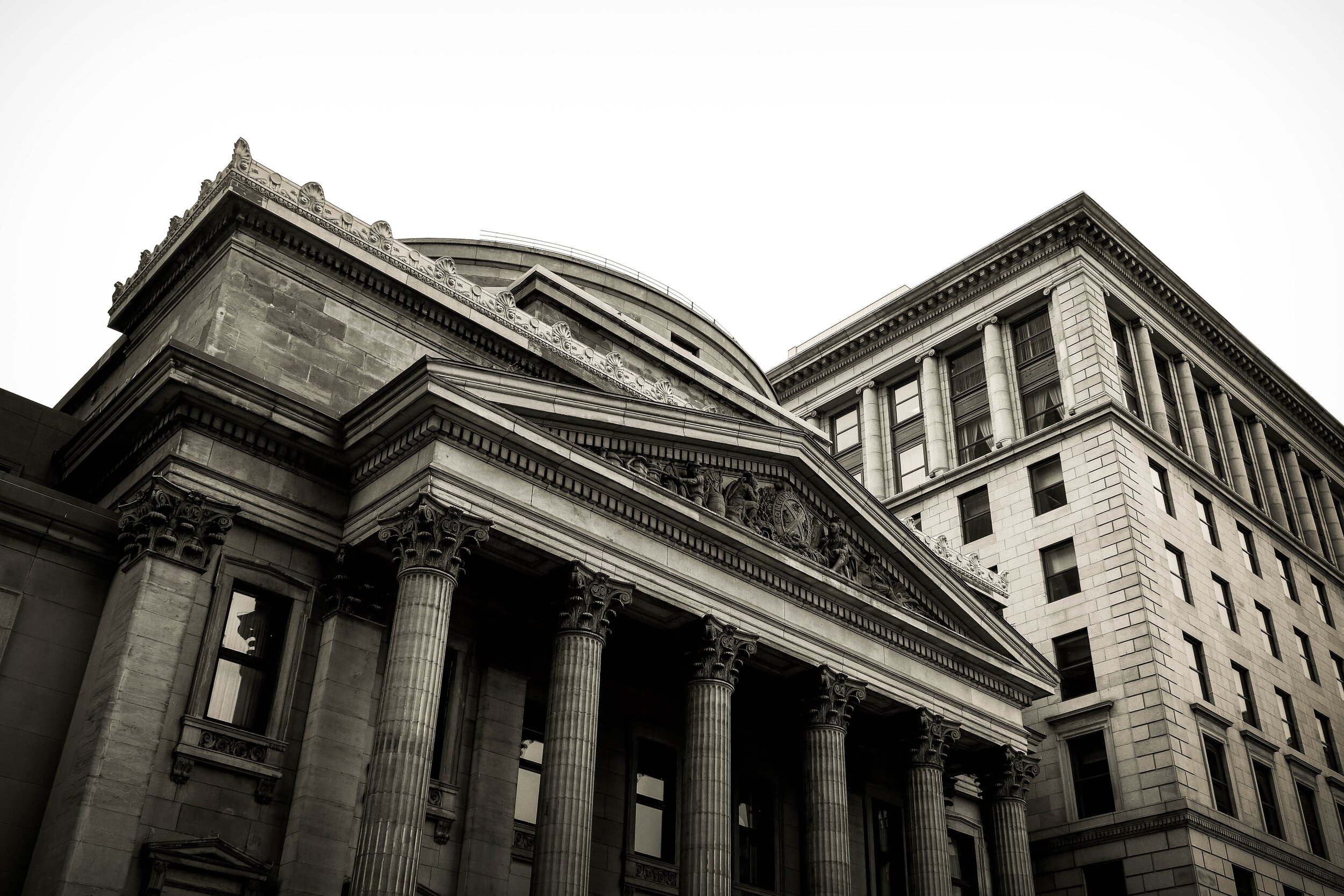DON’T BANK ON THE SAFE BANKING ACT
Last week, The House of Representatives passed the long-anticipated Secure and Fair Enforcement (SAFE) Banking Act. If enacted, the Act will protect banks and credit unions from being targeted by the federal government for providing services to the marijuana industry. The Act passed the House by an overwhelming margin of 321 to 103, and now heads to the Senate. Unfortunately though, many commentators feel that the odds that the Senate will pass the bill are fairly low.
Despite the likely challenges in the Senate, it’s no surprise that the cannabis community was euphoric when the Act passed. Our clients often tell us that their number-one business concern is the lack of banking and business loans. Currently there are only a few banking institutions (typically, small banks and credit unions) which will allow marijuana-related businesses, or MRB’s, to maintain banking accounts and process cash transactions. The major credit card companies, such as MasterCard and Visa, do not allow MRB’s. These limitations force many MRB’s into a cash-only environment. This not only presents security and compliance issues to the business itself, but also encourages money laundering, crime and fraud, creating a public policy issue to society at large.
Even if SAFE banking does become the law of the land, how much will really change? The answer is, probably not much.
First, realize that just because a bank is allowed to offer MRB accounts doesn’t mean that it will. Banks have complicated decision-making practices and loads of compliance issues, and the bigger the bank, the more complicated the policies are. Therefore, don’t expect large national banks to offer accounts any time soon. Smaller banks and credit unions are usually more nimble and may jump on the bandwagon sooner.
Second, all banks maintain a list of what are called “High-Risk Industries”. Banks offer accounts to these industries on a very selective basis, and usually charge higher fees. The industries on this list are surprisingly diverse, and range from mainstream business such as staffing companies and payroll processors, to traditionally “shadier” enterprises such a pawnshops and casinos. The reasons that a particular industry is included on this list could range from objective reasons, such as a propensity for money laundering, to subjective reasons such as “Headline Risk,” or the risk that the bank’s name might garner negative publicity. It is likely that marijuana-related businesses would be placed on this High Risk Industries list at many banks, which may continue to limit these accounts.
Third, the passage of the Act is unlikely to change the banking industries’ appetite for cannabis business loans. Regulated banks in the U.S. are among the most conservative lenders in the country. One the other hand, the marijuana industry is arguably one of the riskier industries around, since the industry is still quite new and therefore unproven. For this reason the banking industry will continue to tread very carefully in this space for some time to come.
So, where does this leave a marijuana business in need of banking services and capital?
At Seed To Sale Funding, we maintain relationships with over 20 cannabis private money lenders, family offices high net worth individuals and others, who lend their own money, make their own decisions, and therefore can make cannabis loans that banks cannot. Transactions include cannabis real estate loans, equipment loans, hemp purchase order financing, working capital, and acquisition financing. Many of these loans are available for marijuana startup financing while others are more suitable to established businesses. For vetted lending clients, we also offer referrals to MRB-friendly banks and credit unions for bank accounts.
Contact us today and let us assist you in raising the cannabis debt financing that your business needs.
